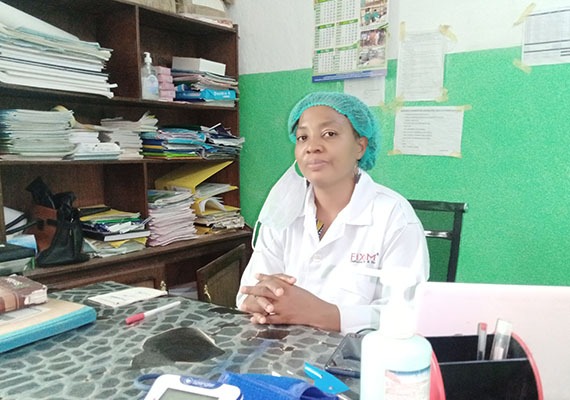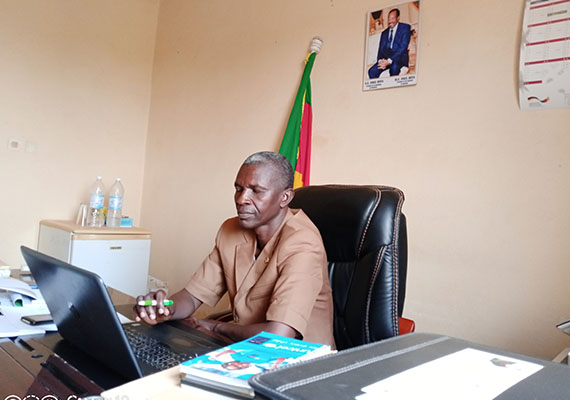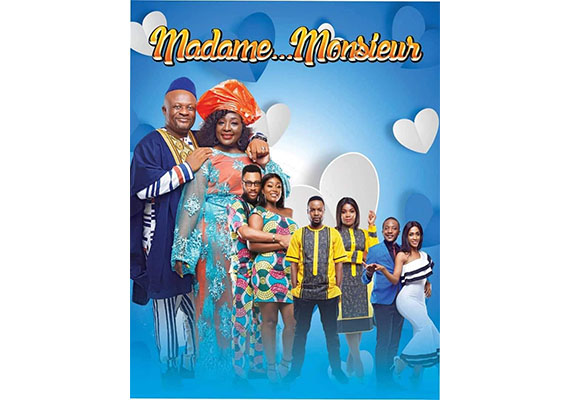Gender equality and customs/traditions

Gender equality in our customs, what is the actual situation?
In the past, there was a great difference between men and women. Only men had the right to attend school and received much respect from women whereas women were meant to remain at home, taking care of the house, children and the farms. But nowadays, many things have changed since girls now go to school. Even though the respect they give to men hasn’t changed, they have more rights as compare to the pass. This shows that things are gradually changing as time goes on.
For the youths, how can they encourage gender equality in their surrounding?
Youths can encourage gender equality around them by changing their mentalities and removing some complexes they have. They should understand that they all have the same rights and that everyone merits to be respected no matter whether the person is a girl or a boy. Once they shall understand this, the change shall follow because the others who think differently shall listen to them, admire them and then shall change some of their habits.
How can we promote gender equality in our community without hurting our traditions and customs?
We cannot do such changes without it changing our customs in one way or the other because it will always have an impact both positive and negative. Even though it is a gradual process, encouraging gender equality will have an influence on our customs.
What are the advantages of encouraging gender equality have in our customs and society?
Promoting gender equality is of great aid to both our customs and our society. It helps to wash out some complexities that exist between men and women. Also, it permits both boys and girls to understand that they have the same rights, that they can do the same competitions and can have the same objectives. In addition, some gender-based violence such as forced marriages, incest and early marriage can be stopped. This will lead to a great change and therefore to the development of our villages and also of our society since there will be more competitiveness.
By Flore Momo with the collaboration of Dr Lucie, Anthropologist at the University of Yaoundé 1.










